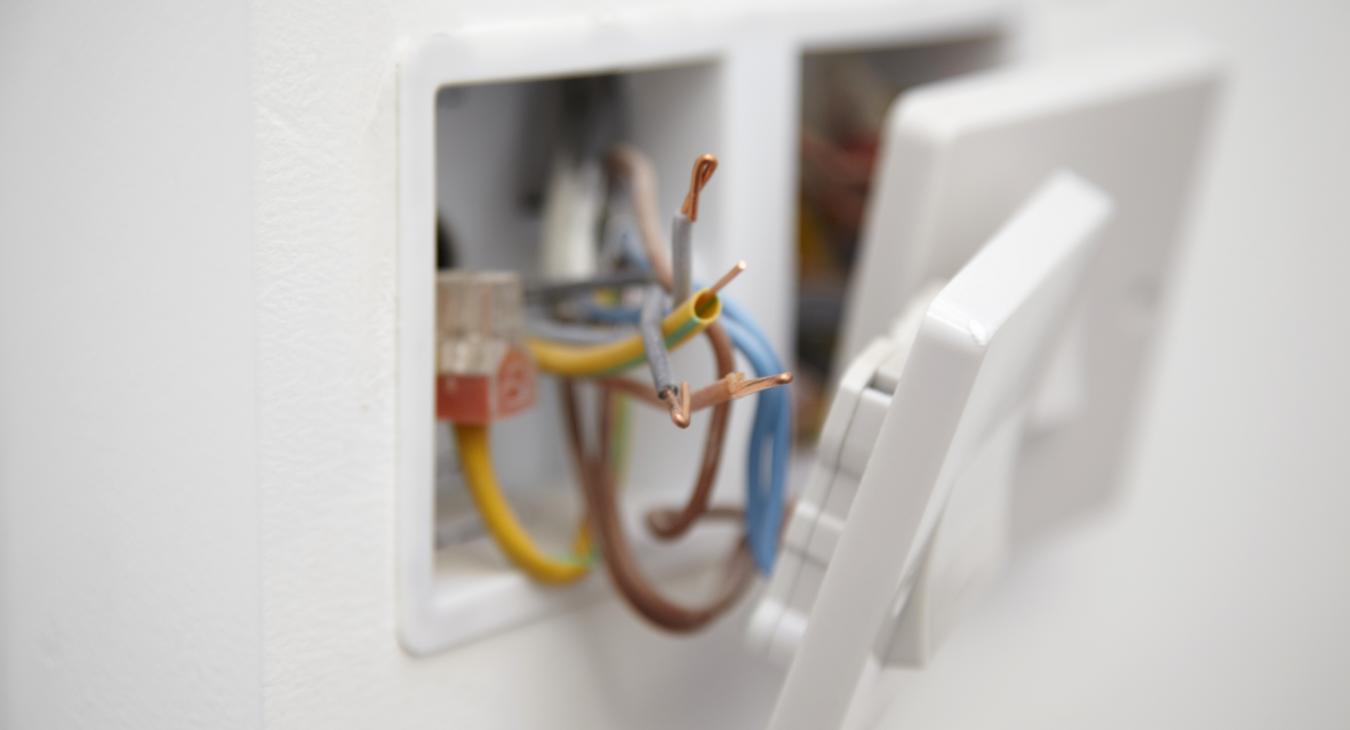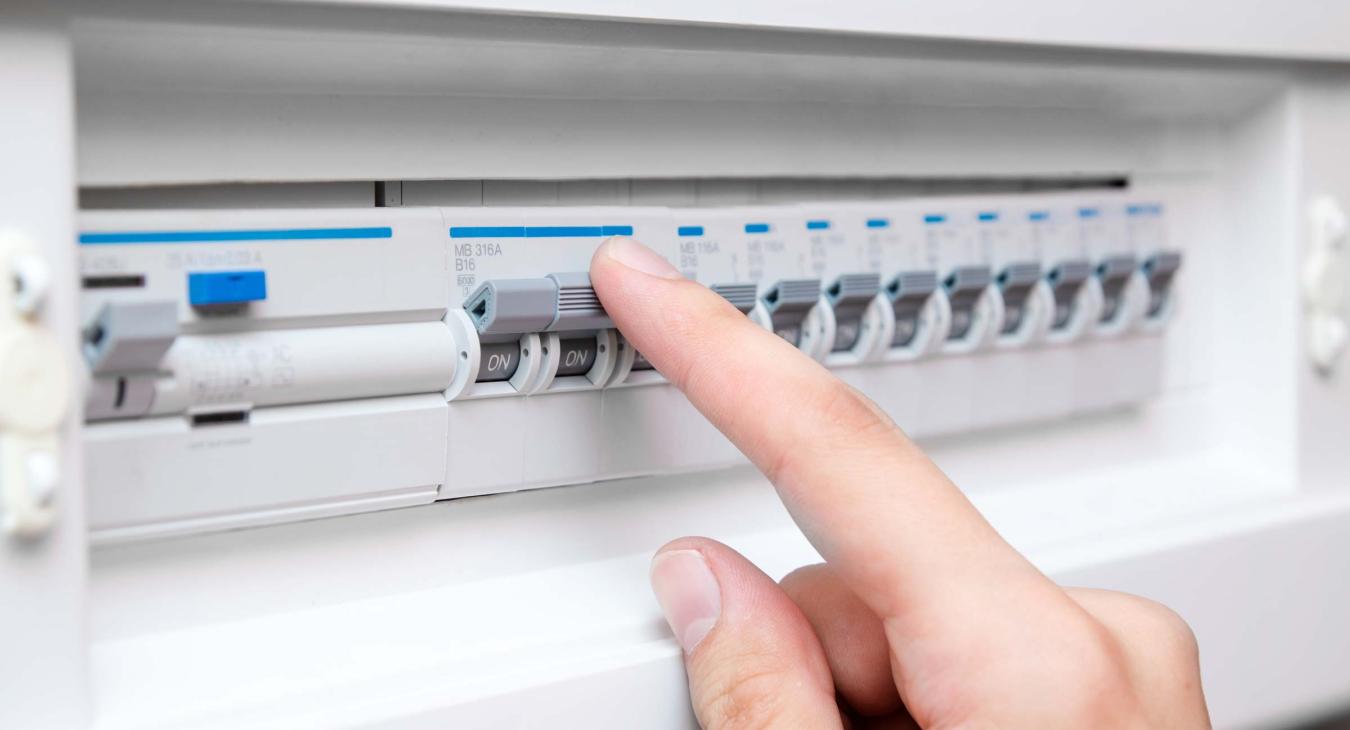
Having an EV charger installed at your home in Romsey makes charging your electric vehicle easy.
You can simply plug in your EV car in the evening and be ready to go again the next morning. If you would like to know more about home EV charger installation, NDM Electrical are here to share their expertise.
What do I need for a home EV charger installation?
Home EV charger installation is a simple process for most Romsey homeowners. There are few requirements. The main requirement is an off-street parking area such as a driveway or garage. Beyond this there are a few things that your EV charger installer will need to check before the installation begins. Your electrician will need to ensure the site you have chosen is safe for the installation and that there are no metal objects such as lamp posts within the immediate vicinity. They will also need to look at your current fuse board to ensure it meets the correct safety standards for an EV charger installation.
How long does it take to charge an EV at home?
How long a home EV charger will take to fully charge your electric vehicle will depend on a number of factors. For the most common battery sizes, under normal conditions, charging times would be expected to be:
For an electric car with a 32kW battery a charge will take around 9 hours to with a 3kW charging point, and around 4 hours with a 7kW charging point.
For an electric car with a 40kW battery charging time is around 11 hours with a 3kW charging point, and around 4.5 hours with a 7kW charging point.
For an electric car with a 60kW battery, it will take around 17 hours to charge with a 3kW charging point, and around 7 hours with a 7kW charging point.
For an electric car with a 100kW battery a full charge would take around 27 hours with a 3kW charging point, around 11.5 hours with a 7kW charging point, and around 4.5 hours with a 22kW charging point.
Which EV charger should I choose?
NDM Electrical are experienced installers of all major EV chargers and can advise you on the suitability of each model for your specific needs. Each domestic EV charger has its own features and benefits. We will discuss the various technologies with you and help you make an informed decision.
Some areas to consider include:
- Power: 7kW is the most common choice home EV charger installation. You can also choose a 3kW charger.
- Cable: You can choose either a tethered charger with an attached cable or an untethered one. An untethered EV charger can connect to almost any car – handy if you may use your EV charger for more than one car. The cable for this will need to be stored in the car itself.
- Design: You can select a design that fits your home and personal style.
- Other features: EV chargers can have a wide range of extra features, including solar panel compatibility or smart functionality.
If you are based in Romsey, Hampshire and would like to know more about home EV charger installation, NDM Electrical are your local, qualified EV charger installers. Our experienced, NICEIC registered electricians are always happy to help. Contact us today and discover how easy home EV charger installation can be.









